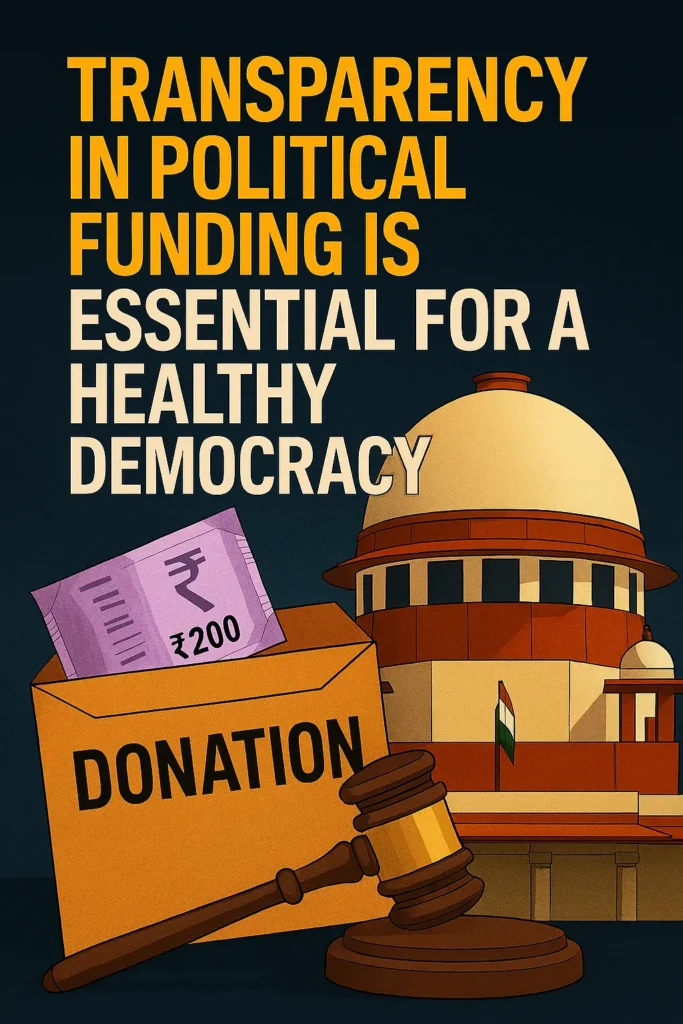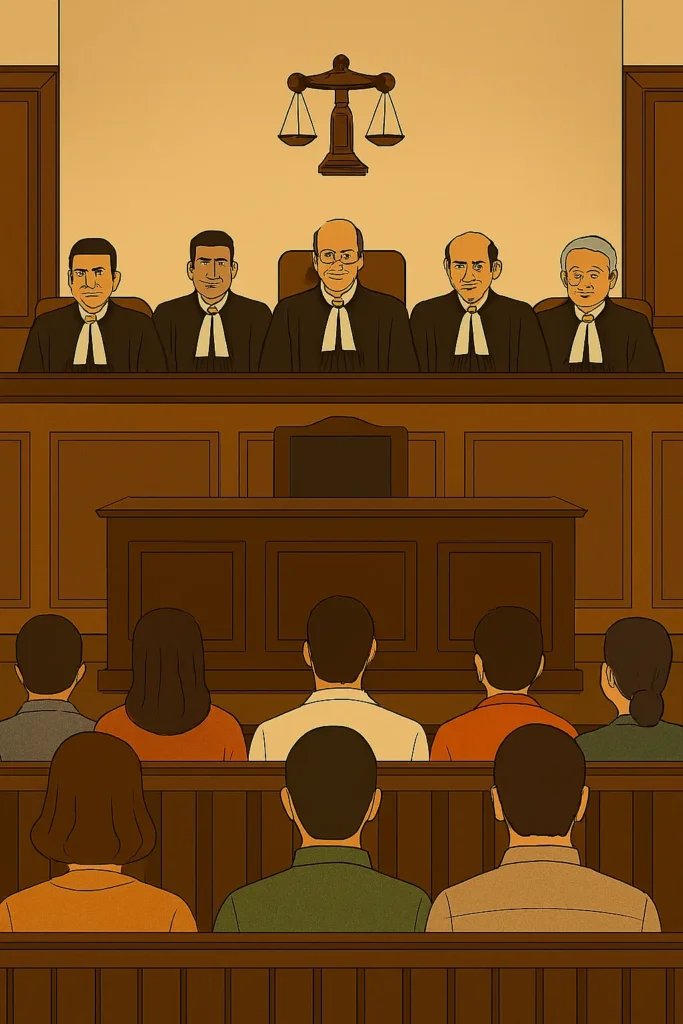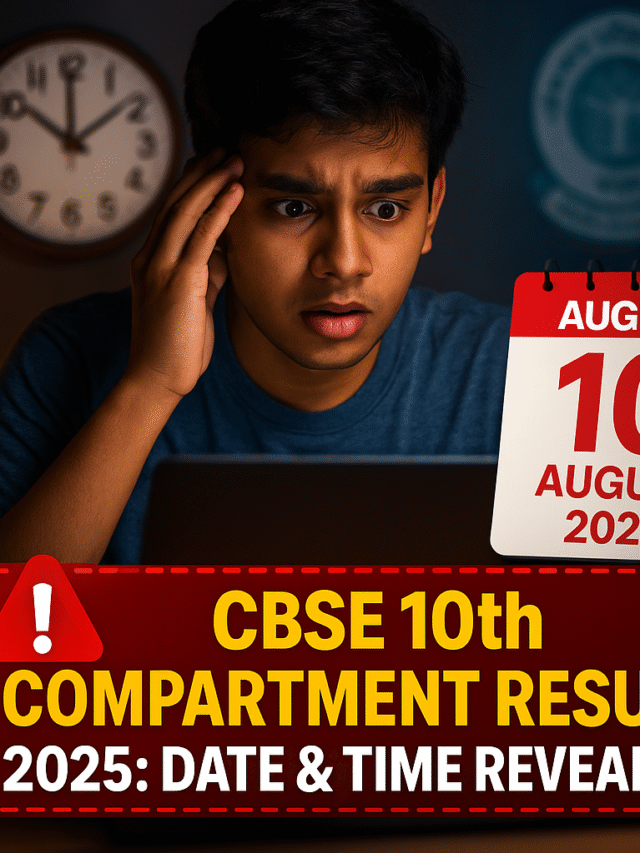Supreme Court Recalls Controversial Order: The Supreme Court of India has delivered a historic verdict, striking down the controversial Electoral Bonds Scheme as unconstitutional. This decision is expected to reshape the landscape of political funding in India.

What Are Electoral Bonds
Electoral Bonds were introduced in 2018 as a means for individuals and corporations to donate to political parties anonymously. While the government claimed it would bring transparency, critics argued it enabled opaque and unaccountable funding.
What the Supreme Court Said
In a 5-judge bench decision, the Court ruled that:
- The scheme violates citizens’ Right to Information under Article 19(1)(a).
- Anonymous donations compromise electoral transparency.
- The amendments to the Companies Act and Representation of the People Act were struck down.
“Transparency in political funding is essential for a healthy democracy,” the Court observed. — *Source: *Article 19(1)(a).

In a significant development, the Supreme Court recalls a controversial order issued earlier against Justice Prashant Kumar, sparking renewed debate on judicial propriety and internal accountability. The move comes amid growing concerns over the balance between judicial independence and institutional discipline.
Data Revealed: Who Got What?
As per the data released by the Election Commission of India, the Bharatiya Janata Party (BJP) received the lion’s share of donations via electoral bonds, followed by Trinamool Congress and Congress.
“Over ₹6,000 crore worth of bonds were redeemed by political parties between 2018 and 2023.” — *Source: – Moneycontrol”
Why This Matters
- Corporate Influence: The scheme allowed unlimited donations from companies, raising concerns about quid pro quo.
- Lack of Accountability: Voters had no way to know who funded whom.
- Democratic Integrity: The judgment reaffirms the importance of transparency and accountability in the electoral process.
“This is a win for democratic values and voter rights.” — *Source: -Lawful Legal analysis of the Supreme Court’s ruling”
Legal commentators believe that the Supreme Court’s recall of the controversial order sends a powerful message about the importance of dialogue over directives. It reaffirms the judiciary’s role not just as an interpreter of law, but as a guardian of its ethical standards.
As the story unfolds, the Supreme Court’s controversial order recall will likely be studied in law schools and debated in public forums. It marks a turning point in how judicial conduct is perceived and regulated, making it a landmark moment in India’s constitutional journey.
What Happens Next?
- Political parties are now required to disclose their donor details.
- The government may propose a new framework for political funding.
- Citizens and watchdogs will closely monitor future reforms.
Sources & Credibility
- Moneycontrol
- Indian Constitution
- Lawful Legal analysis of the Supreme Court’s ruling



Usefull content